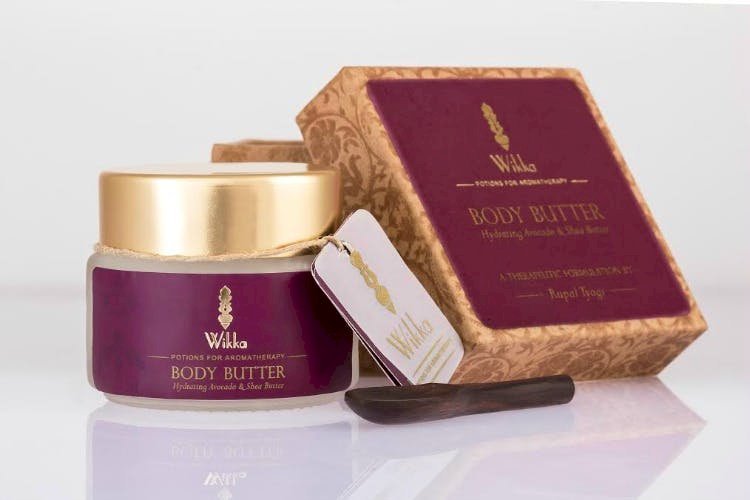Scent-sational Success: How Businesses are Revolutionizing Customer Experience with Scent Marketing

In a world where businesses compete fiercely to capture consumer attention, the role of scent marketing has emerged as a powerful tool to influence customer behavior and enhance brand loyalty. By tapping into the underutilized sense of smell, companies are creating immersive and memorable experiences that set them apart from competitors.
The Science Behind Scent Marketing
Scent marketing leverages the psychological connection between smell and emotions. The olfactory bulb, part of the brain's limbic system, processes scents and is closely tied to memory and emotion. This unique characteristic means that certain scents can evoke strong feelings and associations, creating lasting impressions for consumers. For example, the smell of freshly baked cookies may remind someone of their childhood, while the aroma of lavender can invoke relaxation.
Creating Brand Identity Through Scent
Just as logos and jingles define a brand's visual and auditory identity, signature scents are becoming a key component of brand identity. Retail giants like Abercrombie & Fitch are known for infusing their stores with distinctive fragrances that customers immediately associate with the brand. Luxury hotels often use bespoke scents in their lobbies, subtly reinforcing an air of sophistication and exclusivity.
Enhancing Customer Engagement and Experience
Scent marketing is more than just making spaces smell good—it’s about influencing how customers feel and behave. Studies show that pleasant scents can increase the time customers spend in a store, elevate their mood, and even boost sales. For instance:
- Retail: Stores like Nike have used ambient scents to make shopping areas more inviting, which can encourage customers to linger and explore products.
- Hospitality: Hotels use calming or invigorating scents to align with their brand ethos and provide a sense of home or escape.
- Healthcare: Medical facilities use aromatherapy-inspired scents to ease patient anxiety and promote a sense of calm in stressful environments.
The Rise of Digital Scent Technology
As technology evolves, so does the application of scent marketing. Digital scent technology now allows businesses to incorporate scents into virtual reality experiences and digital advertisements, creating a new frontier for customer engagement. Imagine a travel website that lets you "smell" the salty ocean air of your next vacation destination—a sensory addition that could make decisions feel more vivid and emotional.
Ethical Considerations and Challenges
Despite its benefits, scent marketing comes with challenges. Overpowering or mismatched scents can alienate customers, while allergies and sensitivities must be taken into account. Transparency and thoughtful implementation are essential to ensure that scent marketing enhances, rather than detracts from, the customer experience.
The Future of Scent Marketing
As businesses continue to prioritize holistic, multi-sensory experiences, scent marketing will play an increasingly prominent role. With its ability to evoke emotions, create lasting memories, and subtly influence behavior, scent marketing is proving to be a "scent-sational" strategy for brands looking to connect with customers on a deeper level.
By embracing the power of scent, businesses are not only revolutionizing the customer experience but also creating unique opportunities to stand out in a crowded marketplace.
What's Your Reaction?














